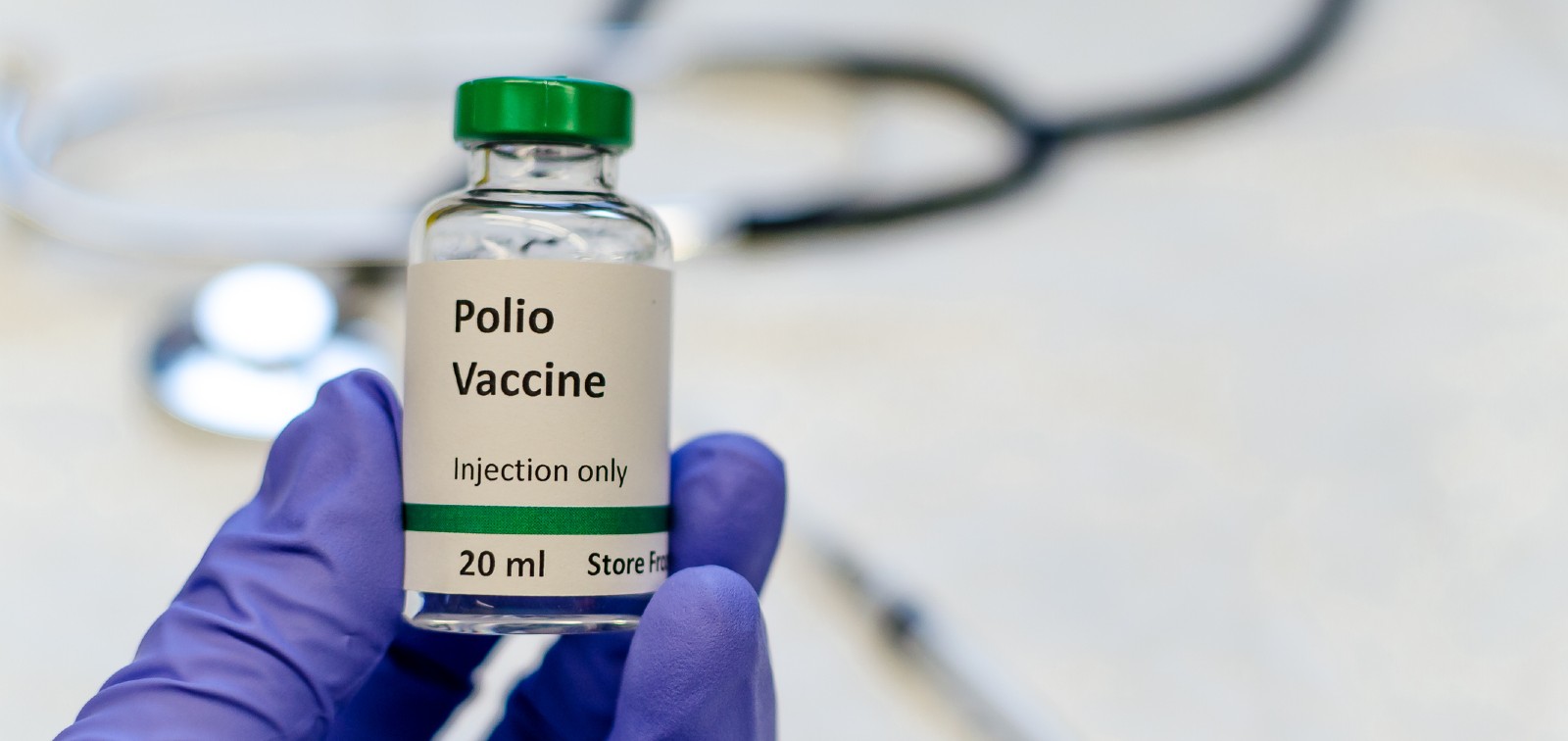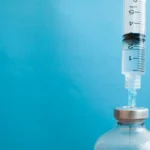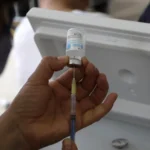Polio once caused great fear. The disease led to paralysis and death for many. Thankfully, vaccines changed this. Polio is now rare globally. Eradicating polio depends on continued shots. Polio vaccines are very safe.
They work extremely well. Like any medicine, they can have some effects. Understanding potential polio vaccine reactions is important. It helps you make informed choices. This guide details these reactions. It helps you know what to expect.
Knowing the Polio Vaccine Types
It helps to understand the vaccines first. There are two main kinds of polio vaccines.
1. IPV: The Polio Shot
IPV means Inactivated Polio Vaccine. It is given as an injection. IPV contains a killed poliovirus. Because the virus is killed, it cannot cause polio. Many countries use IPV today.
2. OPV: The Polio Drops
OPV stands for Oral Polio Vaccine. This vaccine uses a live, but weakened, virus. OPV is given as drops in the mouth. It is still vital in some parts of the world.
Both IPV and OPV work well. They teach your body’s immune system. Your body learns to fight off the wild poliovirus. This prevents illness. Most nations now prefer IPV. This choice aims to avoid very rare risks linked to OPV.
IPV: Common and Mild Vaccine Reactions
The Inactivated Polio Vaccine (IPV) is known for its strong safety. Most people who get IPV have no issues at all. Some might experience mild polio vaccine reactions. These usually start soon after the shot. They typically last only a day or two.
Soreness Where the Shot Was Given
This is the most frequent reaction to IPV. You might notice:
- Pain or tenderness at the injection spot.
- Some redness around the area.
- A little bit of swelling or a small lump. These local reactions are generally mild. They often go away on their own. You do not usually need treatment. A cool cloth on the area can ease discomfort.
A Slight Fever May Occur
Some people, especially babies and young children, might get a low-grade fever. This could be around (or ). A slight fever shows the body is building protection. This is usually not serious. Your doctor can tell you if fever-reducing medicine is okay.
Other Minor General Feelings
Other mild and temporary effects from IPV can include:
- Babies might seem more fussy or irritable.
- Some people may feel tired.
- Less commonly, older children or adults might have mild joint or muscle aches. These symptoms show the immune system is responding. Your body is getting ready to defend against polio. These common polio vaccine reactions with IPV are minor. They are also short-lived. They signal that the vaccine is doing its job. Importantly, they are much less severe than polio disease.
OPV: Potential Mild Vaccine Reactions
The Oral Polio Vaccine (OPV) is not as common in some regions now. However, it remains crucial for polio eradication in other areas. OPV contains a live, weakened virus. So, its side effect profile is a bit different from IPV. Still, reactions are usually mild.
- Fever: Like IPV, OPV can sometimes cause a mild fever.
- Aches: A slight headache or general muscle soreness is possible for some.
- Stomach Upset: In rare cases, mild and brief diarrhea or vomiting can happen.
One unique point about OPV is important. The weakened vaccine virus can be present in the stool. This can last for several weeks after vaccination. Because of this, good handwashing is very important. This helps prevent the vaccine virus from spreading. It is especially key for protecting unvaccinated or immune-weakened close contacts.
Rare But More Serious Polio Vaccine Concerns
Serious problems from either polio vaccine are extremely rare. Health authorities across the globe constantly check vaccine safety. Even so, it is good to know about these rare events.
Allergic Reactions (IPV and OPV)
With any vaccine or medicine, a severe allergic reaction is a tiny risk. This is called anaphylaxis. Signs of anaphylaxis include:
- Hives or a skin rash.
- Swelling of the face or throat.
- Difficulty breathing.
- A very fast heartbeat.
- Dizziness or weakness. This type of reaction usually happens quickly. It occurs within minutes to a few hours after the shot. Healthcare staff are trained to treat anaphylaxis immediately. This is why clinics often ask you to wait a short time after any vaccination. The chance of anaphylaxis from a polio vaccine is very, very low.
Vaccine-Associated Paralytic Poliomyelitis (VAPP) (OPV Only)
VAPP is an extremely rare event. It is linked only to the Oral Polio Vaccine (OPV). VAPP happens if the weakened live virus in OPV changes. It can revert to a form that might cause paralysis. The risk is tiny, about 1 case for every 2.7 million first doses of OPV. Though incredibly rare, this risk is a key reason many countries switched to IPV-only schedules.
People with weak immune systems, or their close contacts, have a slightly higher VAPP risk if OPV is used. This shows a key difference in potential polio vaccine reactions between vaccine types.
Vaccine-Derived Polioviruses (VDPVs) (OPV Context)
VDPVs are also linked to OPV but are a different issue. This is not a direct side effect in the person vaccinated. It occurs in communities where few people are vaccinated. The weakened live virus from OPV can spread among unvaccinated people. If it circulates for a long time (many months to years), it can rarely change genetically.
It might start to act more like the wild poliovirus. This can then cause paralysis. These are VDPVs. Outbreaks of VDPVs highlight why high vaccination rates are so important. Good coverage stops both wild polio and VDPV circulation.
It is vital to remember these serious polio vaccine reactions are statistically far less common than the dangers of getting polio disease itself. Polio can lead to permanent paralysis or even death.
Who Should Be Cautious with Polio Vaccination?
Polio vaccines are safe for almost everyone. However, in some specific cases, it is wise to be cautious or talk to a doctor first.
- History of Severe Allergic Reaction: If someone had a life-threatening allergic reaction to a past polio shot, they should be careful. This also applies to allergies to vaccine parts like neomycin, streptomycin, or polymyxin B (found in IPV). They should usually not get that vaccine again. Discussing this with a doctor is vital.
- If Currently Ill: If someone is moderately or very sick when their shot is due, it is often best to wait. They can get the vaccine when they recover. A mild cold or slight illness is usually not a reason to delay.
- During Pregnancy: IPV can be given to pregnant women. This is done if their risk of polio is high and they need protection quickly. OPV is a live vaccine. It is generally not advised for pregnant women unless wild polio exposure risk is very serious. Always, consult a healthcare provider.
- Weakened Immune System (Mainly for OPV): People with severely weakened immune systems should not receive OPV. This includes those with HIV/AIDS, on cancer treatment, or taking other drugs that suppress immunity. Their household members should also try to avoid OPV. If OPV is used, very careful hygiene is needed to prevent VAPP. IPV is the safer choice for these individuals and their families.
Always share any health concerns with your doctor. Do this before you or your child gets any vaccine, including polio. They can give advice about polio vaccine reactions for your unique health situation.
Benefits Far Exceed Risks: The Safety of Polio Shots
When you think about polio vaccine reactions, also think about polio disease. Wild poliovirus is dangerous. It can cause:
- Paralysis that lasts a lifetime.
- Permanent disability.
- Breathing problems if it affects breathing muscles.
- Death.
Before vaccines, polio caused widespread fear. It led to thousands of deaths and disabilities each year. Today, due to worldwide vaccination, wild polio is nearly gone. The majority of polio vaccine effects are mild. They pass quickly. Serious issues are extremely rare. Therefore, the protection from polio vaccination greatly outweighs the small risks. Every dose helps us move closer to a polio-free world.
Tracking and Reporting Vaccine Effects
Vaccine safety, including for polio vaccines, is watched closely. Health authorities globally monitor this. Systems like VAERS (Vaccine Adverse Event Reporting System) in the U.S. exist. They let doctors and the public report any suspected side effects. This constant watch helps find any rare or unexpected issues.
If you or your child has a reaction after a polio shot that worries you, contact your doctor. They can give advice. They can also report the event if needed. This helps keep all vaccines safe.
Polio Vaccine Is Safe and Vital
To conclude, polio vaccines are vital for public health. They have brought a terrible disease close to being wiped out. Minor polio vaccine reactions, like a sore arm or a slight fever, can happen. These are common and temporary. Serious side effects are extremely uncommon.
Knowing about potential effects helps people make good choices. It also helps them know what might happen. The clear medical and scientific view is this: The benefits of polio vaccination are much, much greater than the tiny risks. We must continue with high vaccination rates. This protects all future generations from polio.
If you have any questions about polio vaccine reactions, please talk to a trusted health professional. They can offer the best, most current, and personal advice for your family’s health.








